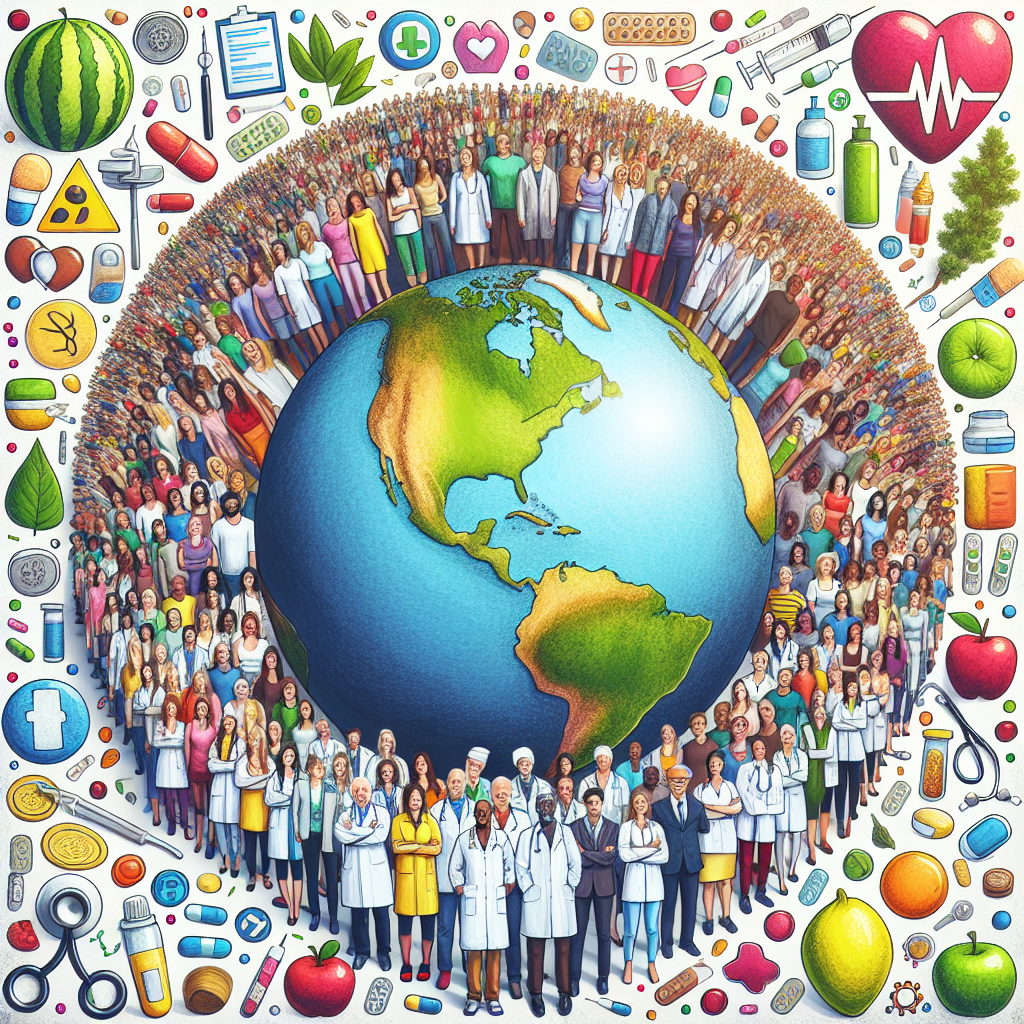Public health plays a crucial role in ensuring the overall well-being and health of communities. It focuses on preventing diseases and injuries, promoting healthy behaviors, and addressing environmental and social factors that impact health. The goal of public health is to improve the quality of life for people in all communities, by promoting healthy lifestyles and creating environments that support health and well-being.
One of the key responsibilities of public health is disease prevention. This includes immunizations, education on healthy behaviors, and monitoring infectious diseases to prevent outbreaks. Public health agencies work to identify and control communicable diseases before they become widespread, through measures such as surveillance, quarantine, and contact tracing.
Public health also plays a role in addressing social determinants of health, such as poverty, housing instability, and access to healthcare. By addressing these underlying factors, public health can reduce health disparities and improve the overall health of the population.
Another important aspect of public health is emergency preparedness. Public health agencies are responsible for responding to natural disasters, disease outbreaks, and other emergencies that threaten the health of the community. This includes developing and implementing emergency response plans, coordinating with other agencies and organizations, and providing support and resources to those affected by emergencies.
Public health is also involved in health promotion, which aims to encourage people to adopt healthy behaviors and lifestyles. This may include programs and campaigns to promote physical activity, healthy eating, smoking cessation, and other behaviors that can impact health. By increasing awareness and providing resources and support, public health can empower people to take control of their health and prevent disease.
In addition, public health plays a role in environmental health, by monitoring air and water quality, regulating food safety, and addressing environmental hazards that can impact health. By identifying and addressing environmental risks, public health agencies can protect the health of the population and prevent diseases and injuries.
Overall, the role of public health is to promote and protect the health of the population, through disease prevention, health promotion, emergency preparedness, and addressing social and environmental factors that impact health. Public health agencies work to create healthier communities and support individuals in making informed health decisions that can improve their quality of life.
FAQs:
1. How does public health differ from healthcare?
Public health focuses on the health of populations, while healthcare focuses on the health of individuals. Public health works to prevent disease and promote health at the community level, while healthcare provides medical treatment and services to individuals.
2. What are some examples of public health interventions?
Public health interventions may include immunization programs, smoking cessation campaigns, healthy eating initiatives, and policies to improve air quality. These interventions aim to prevent disease, promote healthy behaviors, and create environments that support health.
3. How can I get involved in public health?
There are many ways to get involved in public health, including volunteering with local public health agencies, advocating for health policies, pursuing a career in public health, or participating in community health programs. By taking action to promote health and wellness in your community, you can make a positive impact on the health of the population.
4. How does public health impact health disparities?
Public health works to address social determinants of health, such as poverty, discrimination, and access to healthcare, that can contribute to health disparities. By addressing these underlying factors and promoting health equity, public health can reduce disparities and improve the overall health of the population.
5. What are some challenges facing public health today?
Some of the challenges facing public health today include emerging infectious diseases, climate change, healthcare access and affordability, and the opioid epidemic. Public health agencies are working to address these challenges through research, advocacy, and the development of policies and programs that promote health and well-being.
